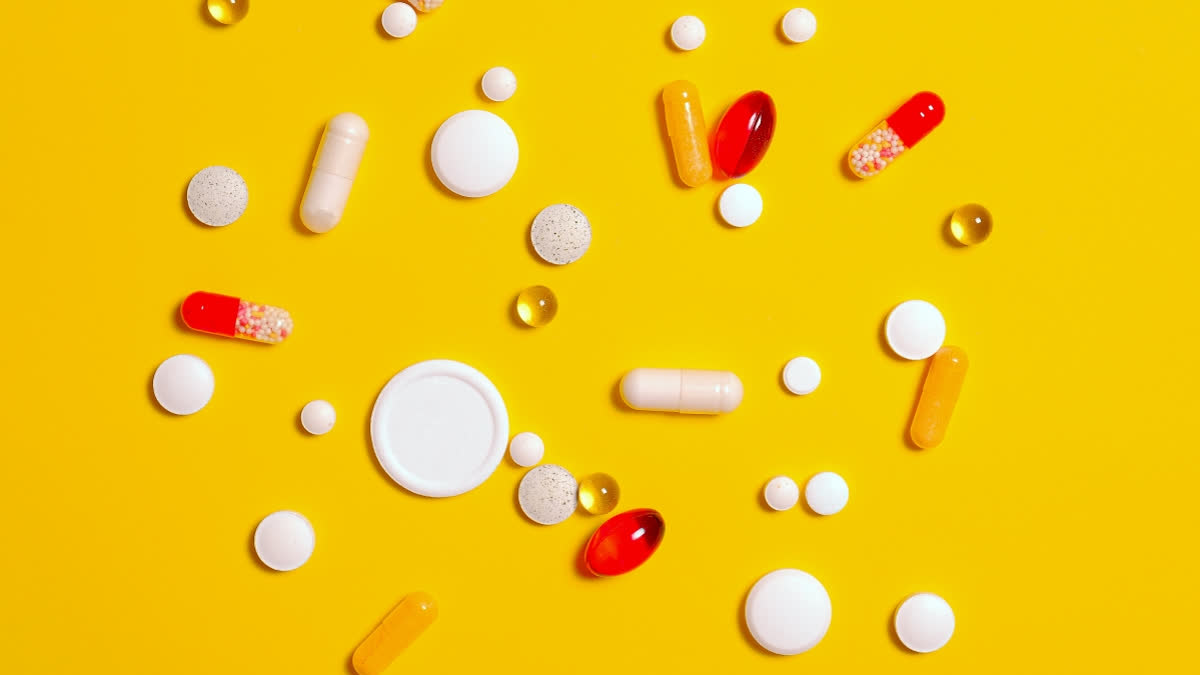New Delhi: Scientists have found a new approach that combines antibiotics with a protective antidote to reduce their harmful side effects without compromising the efficiency of the drugs. The study, published in the journal Nature, analysed the effects of 144 different antibiotics on the abundance of the most common gut bacteria.
Presented at this year's European Congress of Clinical Microbiology & Infectious Diseases (ECCMID) in Copenhagen, Denmark from April 15-18, the research offers novel insights into reducing the adverse effects of antibiotic treatment on the gut microbiome. "The scientists identified a novel approach that combines antibiotics with a protective antidote to help keep the gut microbiome healthy and reduce the harmful side effects of antibiotics without compromising their efficiency," said Ulrike Lober, of the Max-Delbruck-Center for Molecular Medicine in Berlin, Germany.
"Despite our promising findings, further research is needed to identify optimum and personalized combinations of antidote drugs and to exclude any potential long-term effects on the gut microbiome," Lober said. The trillions of microorganisms in the human gut profoundly impact health by aiding digestion, providing nutrients and metabolites, and working with the immune system to fend off harmful bacteria and viruses.
Antibiotics can damage these microbial communities, resulting in an imbalance that can lead to recurrent gastrointestinal problems caused by Clostridioides difficile infections as well as long-term health problems such as obesity, allergies, asthma and other immunological or inflammatory diseases.
Also read: Study reveals how immunotherapy treatment produces exceptional response in some melanoma patients
The international team of researchers systematically analysed the growth and survival of 27 different bacterial species commonly found in the gut following treatment with 144 different antibiotics. They also assessed the minimal inhibitory concentration (MIC)the minimal concentration of an antibiotic required to stop bacteria from growingfor over 800 of these antibiotic-bacteria combinations.
The results showed that the majority of gut bacteria had slightly higher MICs than disease-causing bacteria, suggesting that at commonly used antibiotic concentrations, most of the tested gut bacteria would not be affected. However, two widely used antibiotic classestetracyclines and macrolides stopped healthy bacteria growing at much lower concentrations than those required to stop the growth of disease-causing bacteria, the researchers said.
These antbiotics also killed more than half of the gut bacterial species tested, potentially altering the gut microbiome composition for a long time, they said. As drugs interact differently across different bacterial species, the researchers investigated whether a second drug could be used to protect the gut microbes.
They combined the antibiotics erythromycin (a macrolide) and doxycycline (a tetracycline) with a set of 1,197 pharmaceuticals to identify suitable drugs that would protect two abundant gut bacterial species (Bacteriodes vulgatus and Bacteriodes uniformis) from the antibiotics. The researchers identified several promising drugs including the anticoagulant dicumarol, the gout medication benzbromarone, and two anti-inflammatory drugs, tolfenamic acid and diflunisal.
The study found that these drugs did not compromise the effectiveness of the antibiotics against disease-causing bacteria. Further experiments showed that these antidote drugs also protected natural bacterial communities derived from human stool samples and in living mice, the researchers added. (PTI)


